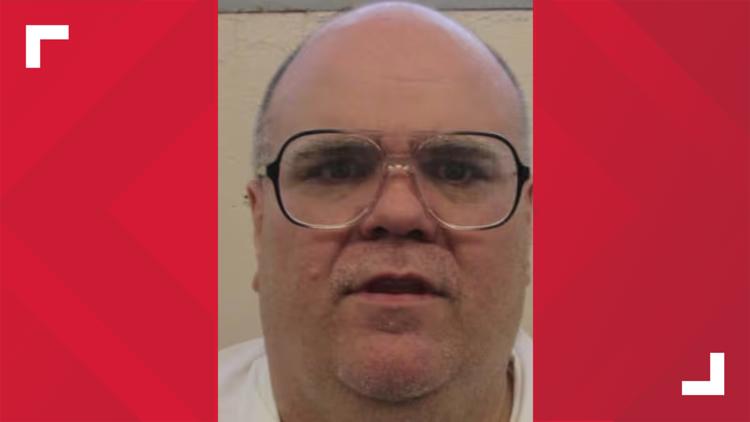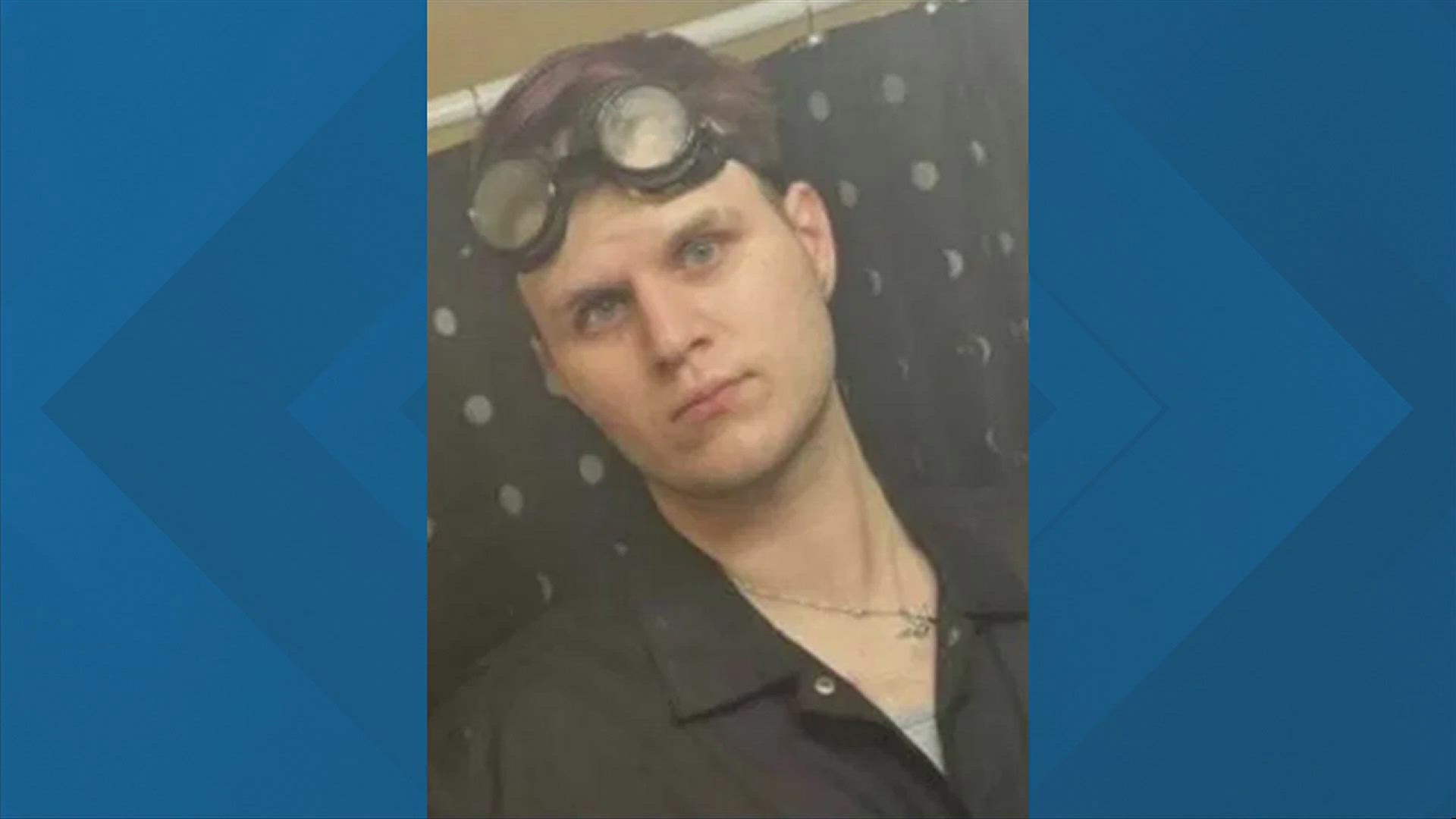MONTGOMERY, Ala. — Lawyers for an Alabama inmate on Friday asked a judge to block the nation’s second scheduled execution using nitrogen gas, arguing the first was a “horrific scene” that violates the ban on cruel and unusual punishment.
Alan Eugene Miller, who survived a 2022 lethal injection attempt, is scheduled to be executed on Sept. 26 in Alabama through the new method. His attorneys argued the first nitrogen execution in January left Kenneth Smith shaking and convulsing on a gurney for several minutes as he was put to death.
“The execution was a disaster. Multiple eyewitnesses reported a horrific scene, where Mr. Smith writhed on the gurney and foamed at the mouth. Instead of examining potential deficiencies with their protocol, the State has shrouded it in secrecy,” his attorneys said.
Miller’s attorneys asked a federal judge for a preliminary injunction to stop the execution from going forward, or to at least require the state change the protocol. Alabama uses an industrial-type gas mask to force an inmate to breathe pure nitrogen, depriving him or her of the oxygen needed to maintain bodily functions.
Miller was convicted of capital murder for killing three men during a 1999 workplace shooting. Prosecutors said Miller, a delivery truck driver, killed coworkers Lee Holdbrooks and Scott Yancy at a business in suburban Birmingham and then drove off to shoot former supervisor Terry Jarvis at a business where Miller had previously worked.
Alabama Attorney General Steve Marshall in January maintained Smith’s execution was “textbook” and said the state will seek to carry out more death sentences using nitrogen gas. Lethal injection, however, remains the state's primary execution method.
Miller had previously argued nitrogen gas should be his execution method. Miller was scheduled to be executed by lethal injection in 2022, but the state called off the execution after being unable to connect an IV line to the 351-pound inmate. The state agreed to never try again to execute Miller by lethal injection and that any execution would be carried out by nitrogen gas. At the time, the state had not developed a protocol for using nitrogen gas.
In the Friday court filing, attorneys for Miller argued the nitrogen protocol did not deliver the quick death the state promised the courts it would. They argued Smith instead writhed "in violent pain for several excruciating minutes.”



